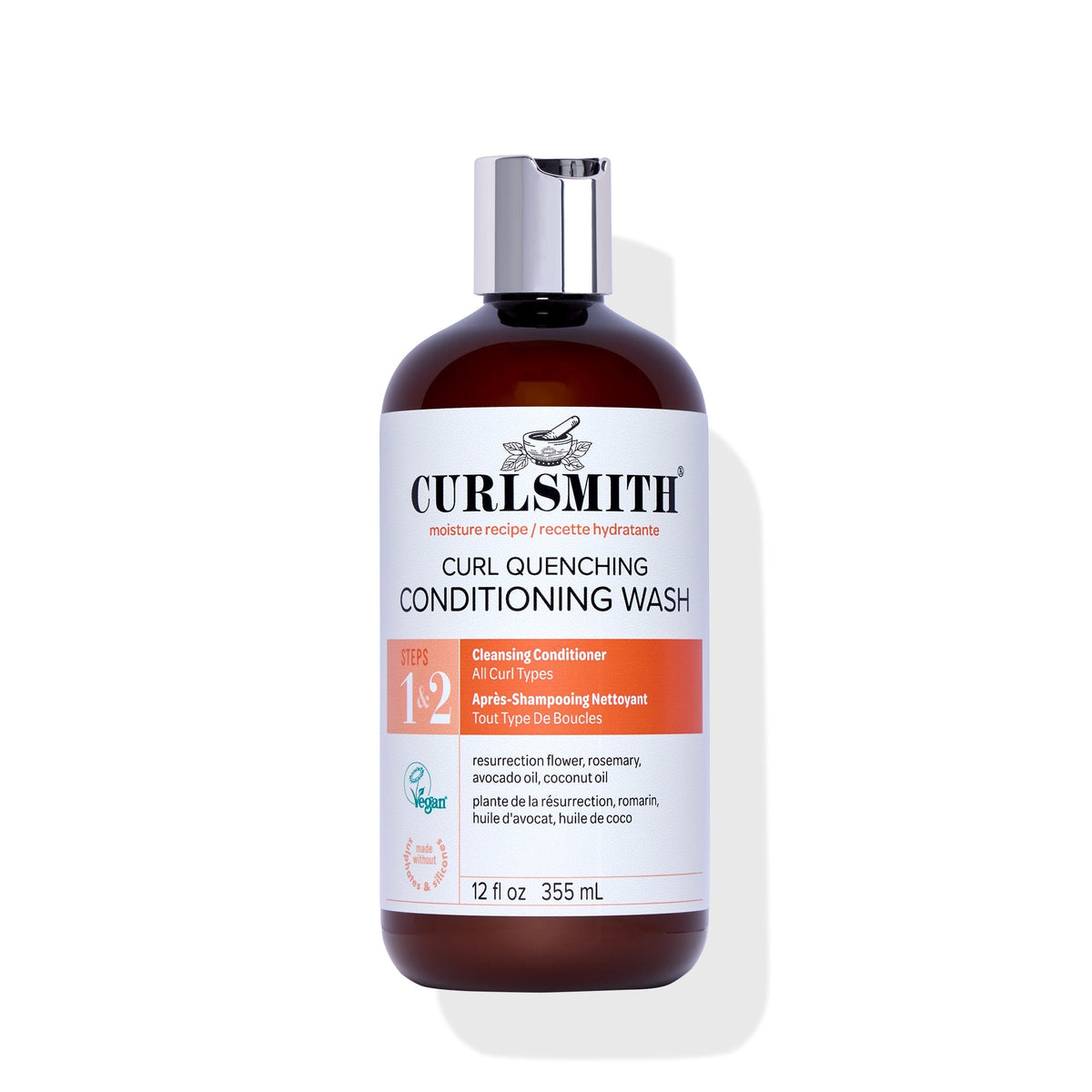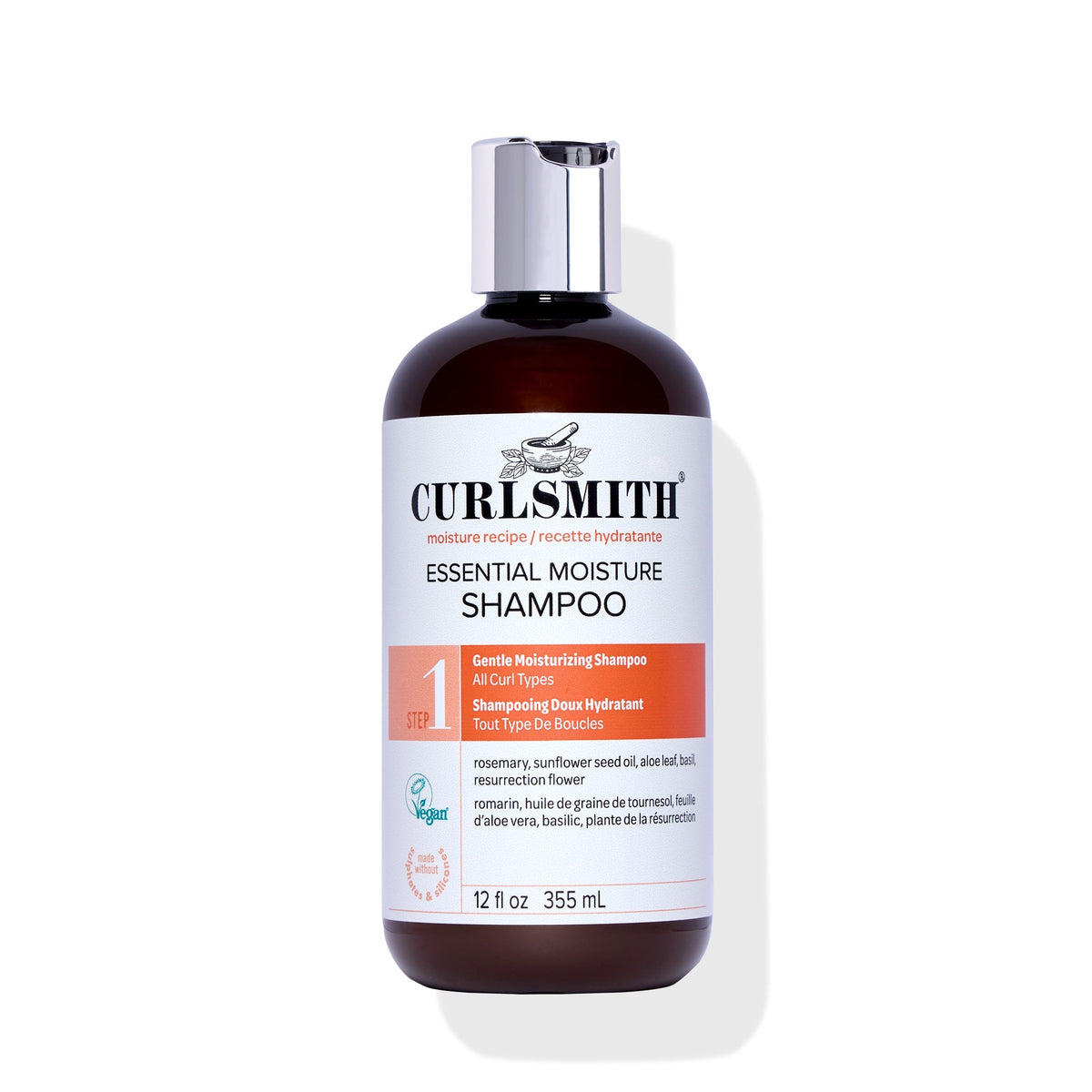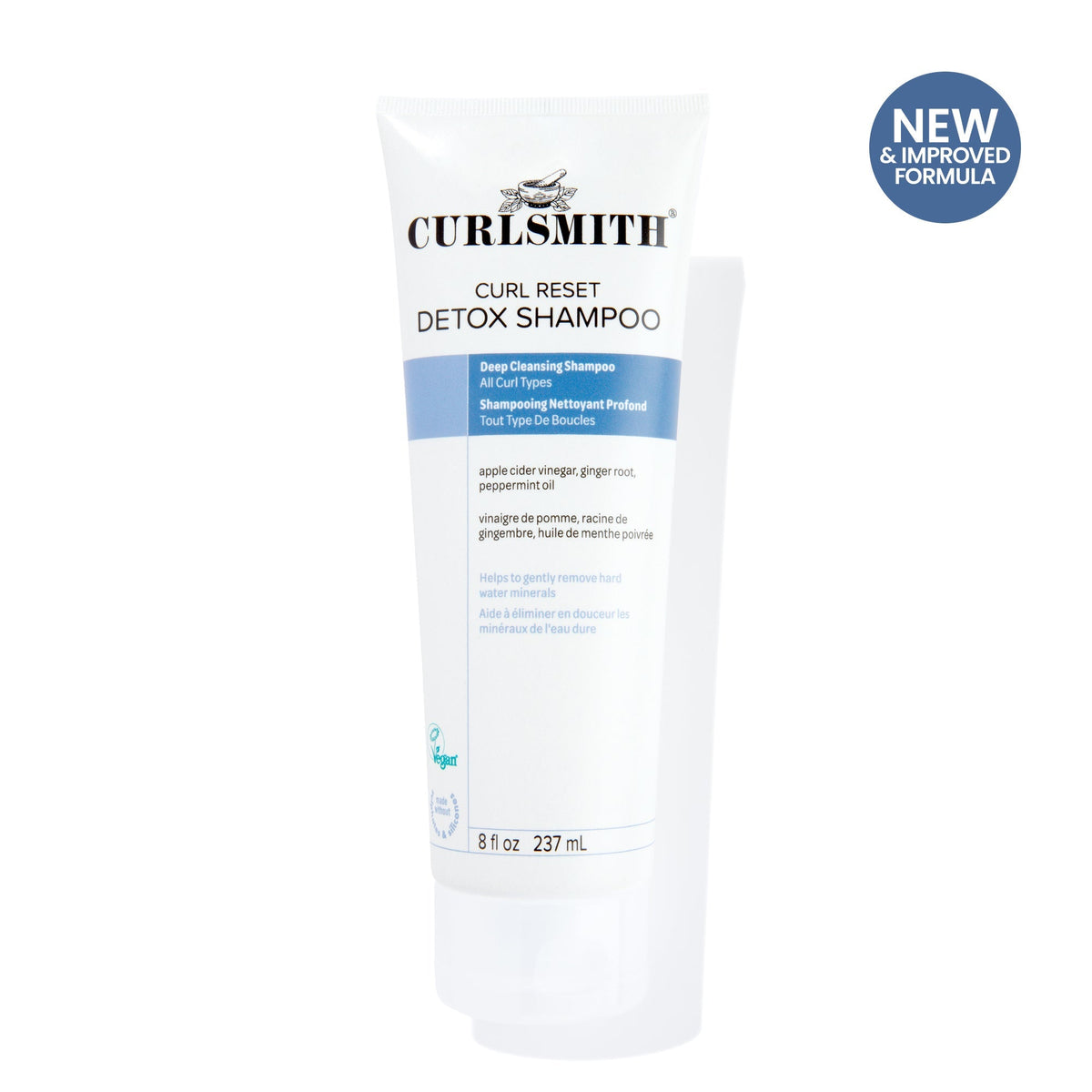
It seems everyone has suddenly awoken to the need for a healthy scalp, but no one really knows where to start, how to do it properly, or even what proper scalp care is. Between advice from friends, age-old practices passed down from our grandmothers and the internet, there also seems to be quite a bit of conflicting advice out there. So, to clear up the smokescreen, we’re here to give you the best simple, proven, and most widely applicable tips to help you achieve and maintain a healthier scalp.
The secret to a healthy scalp
When it comes to scalp care, for the most part, less is more. What that means is that, outside of trying to correct a specific issue, your scalp already does a pretty great job at regulating itself. After all, that’s what it was designed for. However, we know that certain factors - whether they be internal or environmental - can interfere with the scalp’s ability to thrive. As such, it’s always best to view proper scalp care as a set of practices and products that support and protect the scalp’s ability to perform optimally. It is not just an approach that overrides and sidelines the scalp entirely. Approaches that fall into the latter category are far more likely to give rise to the very scalp issues we desperately try to avoid.
How do I know if my scalp is healthy?
As a blueprint for how best to support, protect, and maintain a healthy scalp, it’s important to first establish an understanding of the things that the scalp microbiome already does to regulate itself. As part of the body's largest organ (your skin), the scalp plays a vital and delicate role. Its rich network of blood vessels supplies nutrients to the hair follicles, supporting healthy hair growth. Meanwhile, the sebaceous glands in the scalp produce an oily substance called sebum, which conditions both the hair and scalp helping them retain moisture for longer. The skin cells on the outer layer of your scalp are constantly shedding and being replaced by new fresh ones to ensure it’s putting its best foot (or better yet, cells) forward to do the job. The scalp does a lot - much of which goes unnoticed… until something happens to interfere with the delicate balance it needs.
7 tips to maintain a healthy scalp
Now that we know what it does, here are 7 ways to help support (or at the very least not disrupt) a healthier scalp.

Cleanse your scalp regularly.
The combination of product, dirt, and sebum can cause scalp build-up, which may lead to many unwanted scalp issues. When left uncleaned for too long, sebum can mix with all this excess debris, which may clog the follicles, and at worst cause itching, flaky scalp, and sometimes even give way to pimples and infections on the scalp. Cleansing your hair and scalp at least weekly is ideal for maintaining a healthy scalp. If you’re someone who has particularly oily hair, or uses heavy styling products, the frequency of how often to wash your hair may be different.
Given that sebum does play an important role in maintaining the health of the scalp microbiome, the aim of cleansing is to remove excess sebum and not all of it. We recommend you use a sulfate-free shampoo, instead of a strong sulfated cleanser, which may strip the hair entirely and leave your scalp lacking enough natural oils. Depending on your hair type, you may want to choose a co-wash instead of a traditional shampoo. An effective but conditioning co-wash like the Curl Quenching Conditioning Wash is a great option for keeping the hair and scalp clean and conditioned regularly. For a complete routine, you should interchange with a regular cleanser such as Essential Moisture Shampoo and also use more intensive clarifying shampoos, like the Curl Reset Detox Shampoo. That can take place less frequently - every 4-5 washes.
Avoid keeping your hair wet for longer periods of time.
We all love our curls freshly washed and moisturized, but sitting around with wet hair (and a wet scalp by proxy) is the perfect breeding ground for unwanted bacteria on the scalp (and it may also make your hair go into a moisture overload). If you’ve ever thrown your soaking wet hair into a bun, or sat with conditioner in your hair for several hours, you will likely have experienced an itchy scalp.
Avoid oiling your scalp.
This one is tough for many of us who grew up doing the opposite. The Malassezia fungus has a strong causal link to the onset of dandruff and seborrheic dermatitis and depends on oils to survive and thrive. They already have an affinity for sebum, which is why it’s always advised to shampoo to remove excess, so adding more oil to their breeding ground can make it worse. Whilst pre-shampoo oil treatments can be helpful since they are washed away, leaving oils on the scalp after washing can easily supercharge existing inflammation or give rise to new ones, together with itching and/or flaking.

Consider investing in a water filter/softener.
If you live in an area with mineral-treated water, the calcium and magnesium in it can make shampoos seem less effective and even with your sebum - leaving residue that can clog the follicles. A good filter will pull out the metals from the water before it touches your hair and scalp, leaving you with softer water that can help clean your scalp.

How to support a healthy scalp
Some of these things may require bigger changes to your current regimen than others. But many of them you can implement easily without having to do more than making a conscious effort to avoid certain things. The key isn’t to be 8-for-8 in your first couple weeks and gradually fall back into old patterns, but rather to pick the easiest ones, be consistent with them, and work your way up to making more habits that will be better for the health of your scalp in the now and also long term.


